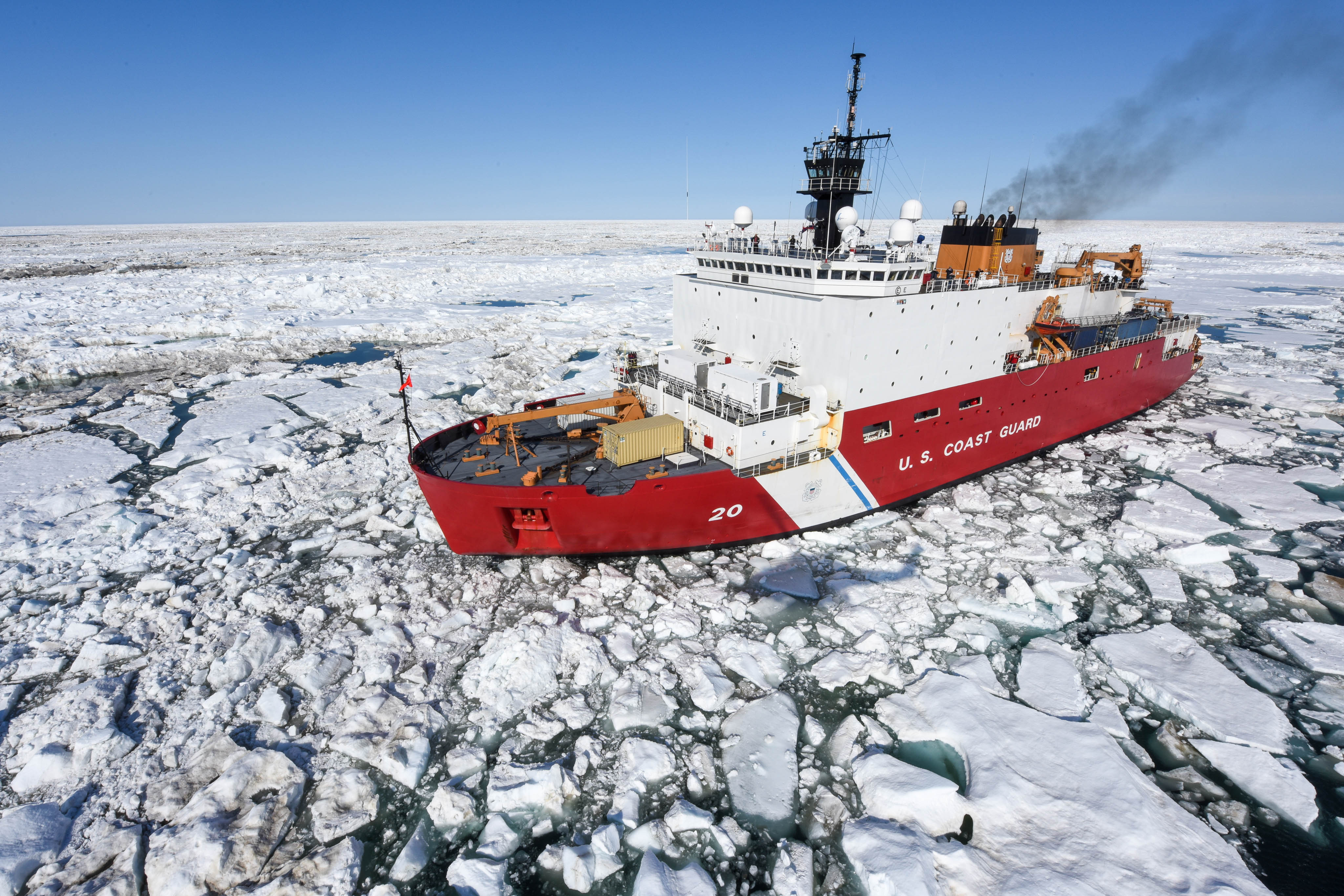Disengagement in the Arctic: Putting America last
OPINION: Ironically, the Trump administration's "America First" approach risks putting the United States in last place in the Arctic instead.

When it comes to the Arctic, the Trump administration’s “America First” strategy risks putting America last. As the Arctic Ocean becomes increasingly navigable, it is in the United States’ interest to remain an international leader on Arctic issues. By failing to take a leadership position in the Arctic, the administration risks ceding space to the seven other Arctic nations, including Russia, as well as non-Arctic powers such as China and India. Moreover, the U.S. should not shirk its global responsibilities in the face of climate change since it has the resources and capabilities to contribute impactfully.
The Trump administration’s decision to frame climate change and engagement in the Arctic as a partisan issue is fundamentally flawed. American interests in the Arctic are nonpartisan, spanning issues pertaining to economic prosperity, national security, and environmental stewardship. Rather than withdrawing from international deliberations on the Arctic, the U.S. should focus on strengthening its Arctic engagement for several practical reasons.
First, melting sea ice and permafrost threaten American infrastructure and economic prosperity. Towns in Northern Alaska are increasingly vulnerable to rising water levels and permafrost melt. One such village, Newtok, became the first municipality to request disaster relief and relocation assistance from the federal government in response to the impacts of climate change. More are sure to follow. The administration’s plan to rebuild American infrastructure ought not forget these Alaska communities.
Second, climate change impacts originating in the Arctic are amplified in the form of weather irregularity around the world, including in the continental United States. The 2017 Climate Science Special Report, released by the federal government in November, confirms this fact. The report attributes California’s droughts, for instance, to planetary atmospheric changes triggered by climate change and environmental degradation originating in the Arctic. Extreme weather propelled by the release of carbon and other greenhouse gases trapped in Arctic permafrost presents a clear danger to American interests well beyond the Alaska frontier.
Third, the Arctic region has increasing geopolitical strategic importance to the U.S. on matters ranging from military positioning to shipping. While the region is currently free of armed conflict, competition among Arctic nations for strategic positioning and access to resources will continue to increase as those resources become more accessible in the region. An uptick in Russian military exercises in the region are just one example. The International Council on Clean Transportation estimates that by 2025, the Bering Strait could experience a 500 percent increase in shipping traffic, compared to a 2015 baseline. If the U.S. fails to lead negotiations on Arctic shipping, related infrastructure development, and safety and security policies, it is likely that Russian or Chinese influence will dominate the region.
At the October 2017 Arctic Circle Assembly in Iceland, the largest international gathering on arctic affairs, the U.S. federal government was notably absent. Heads of state and foreign ministers gathered with academics, business executives, and nonprofit leaders to discuss challenges and opportunities in the Arctic, as well as the impacts of those challenges on the global community. In this space, high profile Trump administration leaders were not present. The most senior United States elected official present was Senator Lisa Murkowski (R-AK), who has made her independence from the administration clear over the past year.
The Trump administration must expand upon President Obama’s legacy of leadership in the Arctic. Practical affairs that shape America’s physical and economic security are increasingly focused on influence in the Arctic. President Trump has an opportunity to maintain the U.S. position as a global leader in this dialogue, but his decision to remove the U.S. from the Paris Agreement will instead harm American and global interests. Rather than remaining a passive actor, we must reassert American leadership and innovation in the protection and stewardship of local communities, the environment, and natural resources in the vital Arctic region.
Kelly Clark is a Master in Public Policy candidate at Harvard University’s Kennedy School of Government and a member of the Kennedy School’s Arctic Innovators program, through which she participated in the 2017 Arctic Circle Assembly in Reykjavik.

The views expressed here are the writer’s and are not necessarily endorsed by Arctic Today, which welcomes a broad range of viewpoints. To submit a piece for consideration, email commentary (at) arctictoday.com.